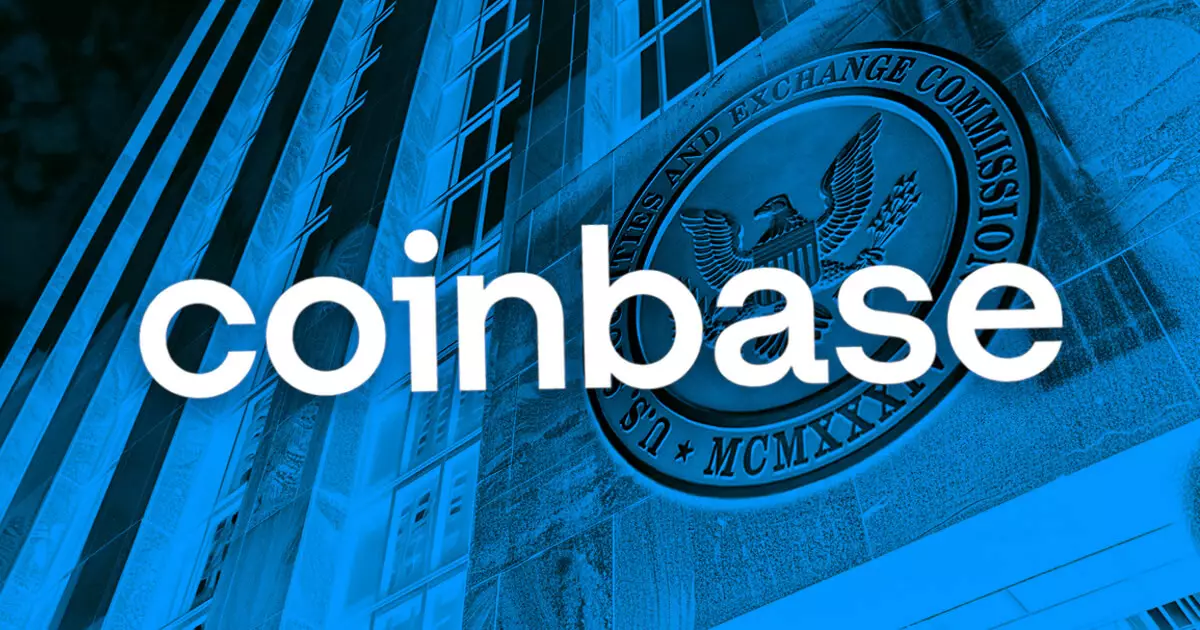The legal confrontation between the U.S. Securities and Exchange Commission (SEC) and Coinbase, a leading cryptocurrency exchange, centers on fundamental questions about the regulation of cryptocurrencies. Initially sparked in June 2023, the lawsuit highlights the intricate dynamics of a fast-evolving financial sector facing scrutiny from federal regulators. As the SEC seeks to assert its authority and enforce compliance with securities laws, Coinbase argues that it is operating within the bounds of the current legal framework, leading to a complex legal battle that could set critical precedents for the crypto industry.
On September 18, 2023, the SEC filed a request with Judge Katherine Polk Failla to extend the discovery phase of the lawsuit by four months, moving the deadline from October 18, 2024, to February 18, 2025. This request reveals the challenges that the SEC faces as it navigates a significant volume of documentation that must be scrutinized to build its case. The agency specified that it has already produced “hundreds of thousands” of documents but requires additional time to process an additional set of over 133,582 unique documents—indicative of the case’s complexity.
This plea for an extension not only signals the SEC’s recognition of the substantial workload involved but also raises questions about the regulatory body’s operational efficiency. It marks the agency’s first request for additional time in this case, suggesting that they may need to reevaluate their systematic approach to handling such extensive documentation. It is noteworthy that Coinbase has agreed to this extension. This cooperation indicates a strategic positioning by both parties to adequately prepare for the next phase of this critical litigation.
Legal Framework and Context
At the heart of the SEC’s accusations lies the assertion that Coinbase is operating as an unregistered securities broker by offering unregistered securities to investors through its platform. The SEC’s argument predominantly revolves around the Howey Test, a legal standard established by the Supreme Court in 1946 to determine if certain transactions qualify as investment contracts, thereby classifying them as securities. Coinbase vehemently contests this interpretation, asserting that the assets it lists do not fall under the definition of securities and that it adheres to prevailing regulatory standards.
Furthermore, this clash reflects broader concerns within the cryptocurrency industry surrounding regulatory clarity and the SEC’s role in enforcing these regulations. Coinbase contends that the SEC has not sufficiently delineated which digital assets may be considered securities, a lack of clarity that the exchange argues ultimately stifles innovation and economic growth within the crypto sector.
The Broader Impact on Cryptocurrency Regulation
The outcome of this legal saga is anticipated to have far-reaching consequences for the cryptocurrency landscape in the United States. Should the SEC succeed in its claims against Coinbase, it could pave the way for stricter regulatory measures against a broader array of cryptocurrency exchanges and assets. This would likely establish a precedent that could significantly alter how digital assets are classified and regulated under U.S. law.
Conversely, if Coinbase prevails, it may prompt a reevaluation of the SEC’s approach to digital currencies, potentially leading to a more accommodating regulatory framework that allows for continued innovation in the fintech space. This legal battle thus exists at a critical junction in the evolution of the cryptocurrency industry, with implications that could resonate well beyond the boundaries of this single case.
The legal tussle between the SEC and Coinbase serves as a pivotal moment in defining the future of cryptocurrency regulation in the United States. As both parties prepare for an extended litigation process, the need for clarity—both in legal interpretations and regulatory practices—has never been more pressing. The ultimate resolution of this case could either reinforce stringent regulatory oversight or foster a more lenient framework that supports the burgeoning world of digital assets. Regardless of the outcome, the implications of this lawsuit will undoubtedly ripple across the entire financial landscape, shaping the approach to cryptocurrencies for years to come.

